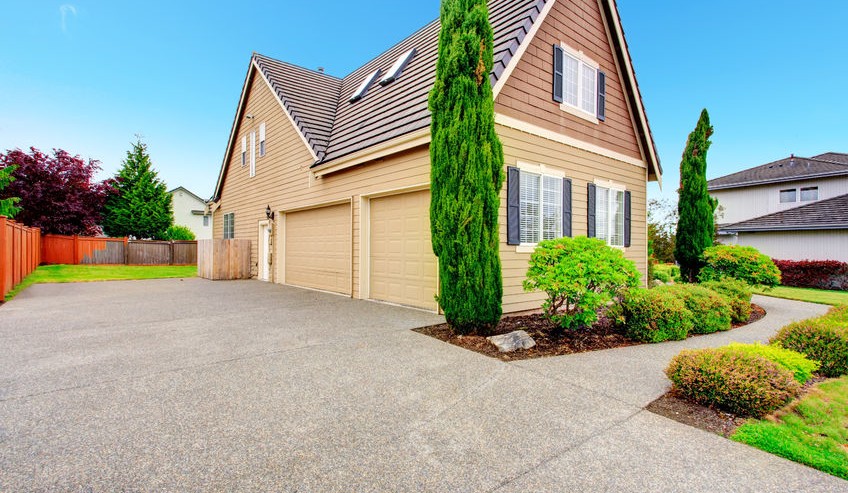10 Insightful Things about Painting a House Exterior
Planning on painting the outside of your home? There are a few things you need to keep in mind if you are planning a project of this scale. Here are some tips for tacking that big outdoor painting job.
Mind the Weather
Paint needs time to dry. It can’t do that if it is going to rain a day or two after you paint. Even more important, paint needs a dry surface for maximum adherence. If you put exterior paint onto a wet house, then you may end up having to paint again sooner than you would like.
There is More to Paint Than Color
There are two main types of outdoor paints: Latex and Alkyd. Latex is easy to clean up with soap and water (it is water based), had little to no odor and will dry flexible to prevent cracking. Many professionals prefer to use alkyd paints. These paints require mineral spirits to clean up and have a strong smell, but will dry looking smooth and satin with less obvious brush strokes.
Choose a Quality Paint
Don’t be lured in by a low price tag. Quality paint means that it will last for many more years and end up looking better for the long haul. Cheaper paints will crack and fade requiring you to paint your house much sooner than you might like to. Remember, you get what you pay for.
Don’t Skip the Prep
You might be tempted to skip all the scraping and sanding of the old paint; don’t. New paint adheres best to a clean, smooth surface. If your house has dirt and flaking paint on it, the new paint won’t stick properly.
Remember to repair any nails that might be sticking up and prime any bare wood that you have on your home before you paint.
You Can’t Cover Rot with Paint
Think you can cover up that rotten siding or wood with a fresh coat of paint? Think again. All that will happen is that the rot will continue beneath the paint. Take the time to repair any rot you might have before painting over it. You will only be wasting your time and the money you put into the paint.
Use Brushes and Rollers
There is no one size fits all solution to painting the outside of your house. Use both rollers and brushes like you would inside. Rollers are best used for broad strokes and brushes to cover your narrow areas and details.
Stay in the Shade
Keeping your work in the shade helps to keep you cool and keep your paint from blistering. If you can, work on the opposite side of your house from the sun.
Uniform Colors
The best paint mixer will have some differences in shades from can to can. Prevent slight color differences by mixing all of your paint together in a large paint container before painting.
Go with Gravity
Start at the top of the house and move down. This lets you cover drips that might occur (and they will) and feather them out.
Clean and Seal when you are Done
Don’t forget that part of your prep should be to put drop cloths on the landscape. Painting is messy business so you want cleanup to be as easy as possible.
Make sure all of your paint cans are sealed tightly at the end of the day to prevent paint from drying out.
Looking to save some time by hiring a professional painter? Click here to get free quotes without having to invite a painter to your home!





Comments
Comments are disabled for this post